Nine Months After Election Day Probes of Clinton and Her Campaign Continue
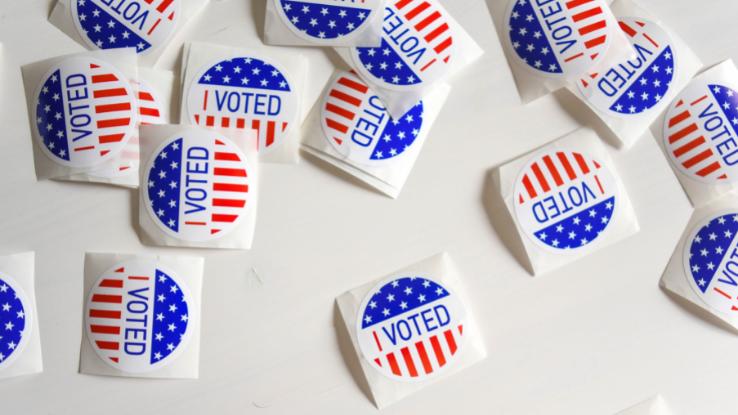
In 2020, about 67% of American citizens who were over the age of 18 voted in spite of the COVID 19 pandemic — more than 5% of 2016's voter turnout numbers. However, 67% reflects a disparity between citizens who regularly vote and citizens who didn't participate in the 2020 Presidential Election for one reason or another.
Efforts both partisan and nonpartisan have been made to increase voter turnout, including awareness and advertising campaigns, making it easier to register to vote and more. However, one change could make a big difference: making Election Day a federal holiday. Such a move, proponents argue, would underscore the importance of voting in the country while making it easier for citizens to get excited about and take part in their civic duty.
The History Behind Making Election Day a National Holiday
Efforts to make Election Day a national holiday are nothing new. In the country's earliest years, it was a de facto public feast day where residents paraded into town and made a show of announcing who they had voted for. Free food, such as spice cake, was common. George Washington even provided 158 gallons of alcohol to voters in one presumably wild Virginia election. Parades and celebrations continued for decades, well into the 1900s, and importantly, there's evidence that treating the event as a holiday may have boosted voter turnout. According to the Washington Post, from 1840 to 1896, as many as 80 percent of eligible voters participated in elections.
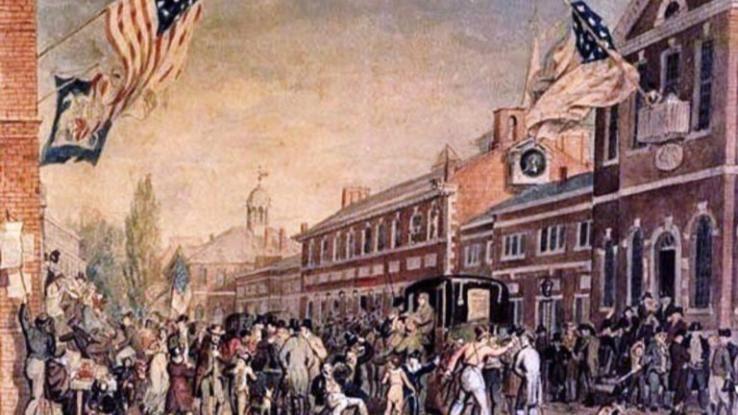
For the last several years, legislators at the federal level have been considering what they need to do to create the holiday nationally. In 2019, Democrats in the House of Representatives proposed legislation that would make it a reality, but the bill did not pass.
While the United States has yet to make Election Day a national holiday, other countries have. Israel and South Korea each experienced turnout rates of approximately 76 percent and 78 percent in 2015 and 2017 respectively. Additionally, in 2020, South Korea made headlines for turnout rates of 66 percent in its parliamentary election despite much of the country being locked down due to the coronavirus.
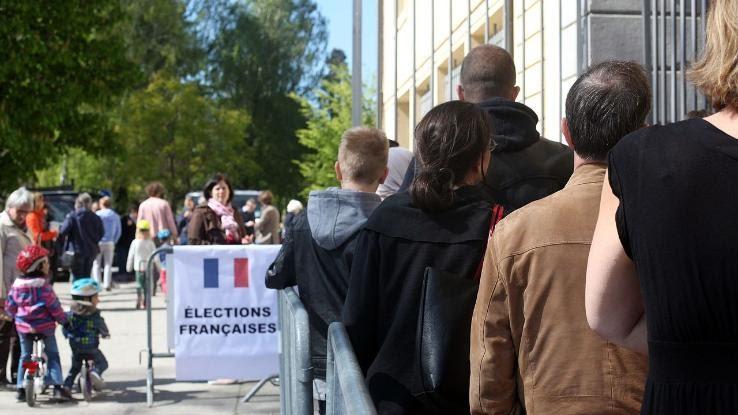
Elsewhere across the globe, Mexico and France have also made Election Day a national holiday. Their participation rates each stood at approximately 66 percent in 2012 and 68 percent in 2017 respectively.
While making election day a national holiday may have boosted turnout in these countries, it's not the only contributing factor. In many of these countries, the voter registration process is much easier than in the United States. For instance, citizens are automatically registered to vote in South Korea without having to go through a formal registration process. The same is also true in Israel. Similarly, some countries that have made their elections a federal holiday also made voting compulsory. Australia is one such case, and 79 percent of the voting-age population participated in the country's 2017.
The Benefits of an Election Day Holiday
If Election Day is made into a national holiday, it would demonstrate that voting truly is a right — one worth putting other things on hold for — and not a privilege. Twenty states currently allow employers to fire you for taking time off to vote, while others guarantee only a limited time to cast your ballot, and often at the expense of pay. A holiday would guarantee that low-income voters in particular don't have to risk their livelihoods to vote.
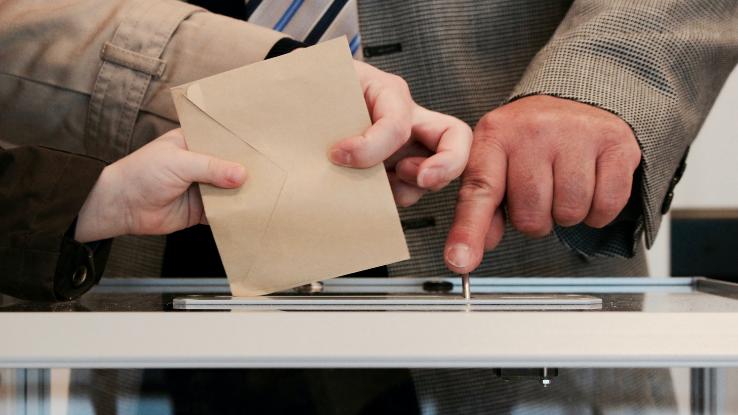
An Election Day holiday could also build support for other suffrage movements and proposals. Vote by mail is a prime candidate. The convenience and ease of being able to vote from home, and at a time that doesn't conflict with work, family life or other obligations, would almost certainly boost voter turnout. The movement to allow prisoners and ex-cons the right to vote might also receive a boost. By demonstrating that Americans deserve the opportunity to vote regardless of their work (and consequently, their economic status), it might follow that Americans still deserve a say in their country even if they've temporarily forfeited the right to be out in public.
Are There Negative Impacts of an Election Day Holiday?
While there are a lot of positives to creating a new national holiday, there are also some negatives. Adding in a new national holiday isn't necessarily without cost, as it would lower overall economic activity. To address this, many Election Day holiday advocates suggest that it replace Veterans Day or Columbus Day. In that case, there wouldn't be an additional day with reduced commerce, but the benefits of taking a day off to vote would remain.
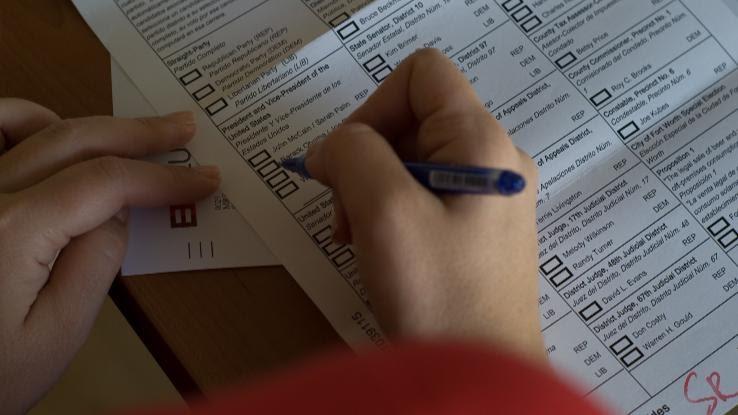
Some opponents also fear that an increase in low-income voters, who include more people of color, would boost support for the Democratic Party. President Donald Trump said as much in early April of 2020, and other Republican lawmakers have expressed similar views.
A national holiday also isn't the only way to increase voter turnout, and focusing on creating one could detract from other approaches. For example, countries with the highest turnout rates tend to make voter registration and getting to the polls easier than the United States does.
An Election Day Holiday May Be Part of the Solution
Getting citizens to participate in their government by voting is essential for a functioning democracy, but there's no simple path to achieving that goal. In the end, however, a federal Election Day holiday could help boost faith in and commitment toward America as a nation, and it is in keeping with American history. On top of that, a clear majority of Americans support the move — according to one poll by the Pew Research Center, 59 percent of Republicans and Republican-leaning independents as well as 71 percent of Democrats and Democratic-leaning independents support the measure. Either way, perhaps we can bring back the spice cake, celebratory beer and votes that our forefathers enjoyed!
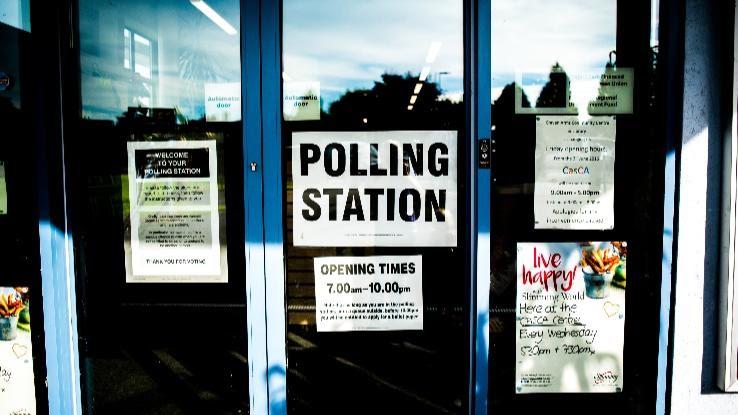
Source: https://www.ask.com/culture/make-election-day-national-holiday?utm_content=params%3Ao%3D740004%26ad%3DdirN%26qo%3DserpIndex&ueid=46cd07b9-a21a-468d-afa4-4a7df4d76877